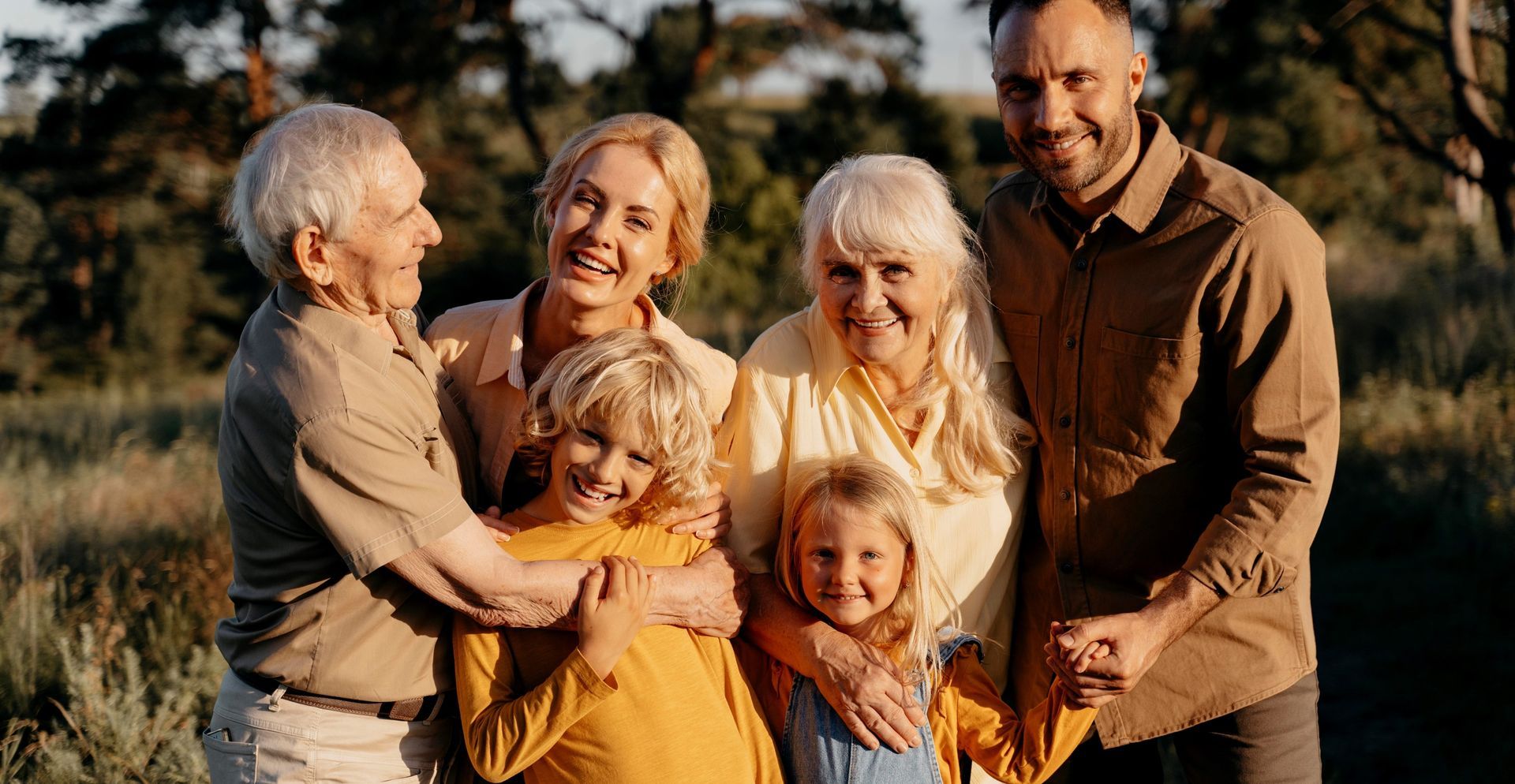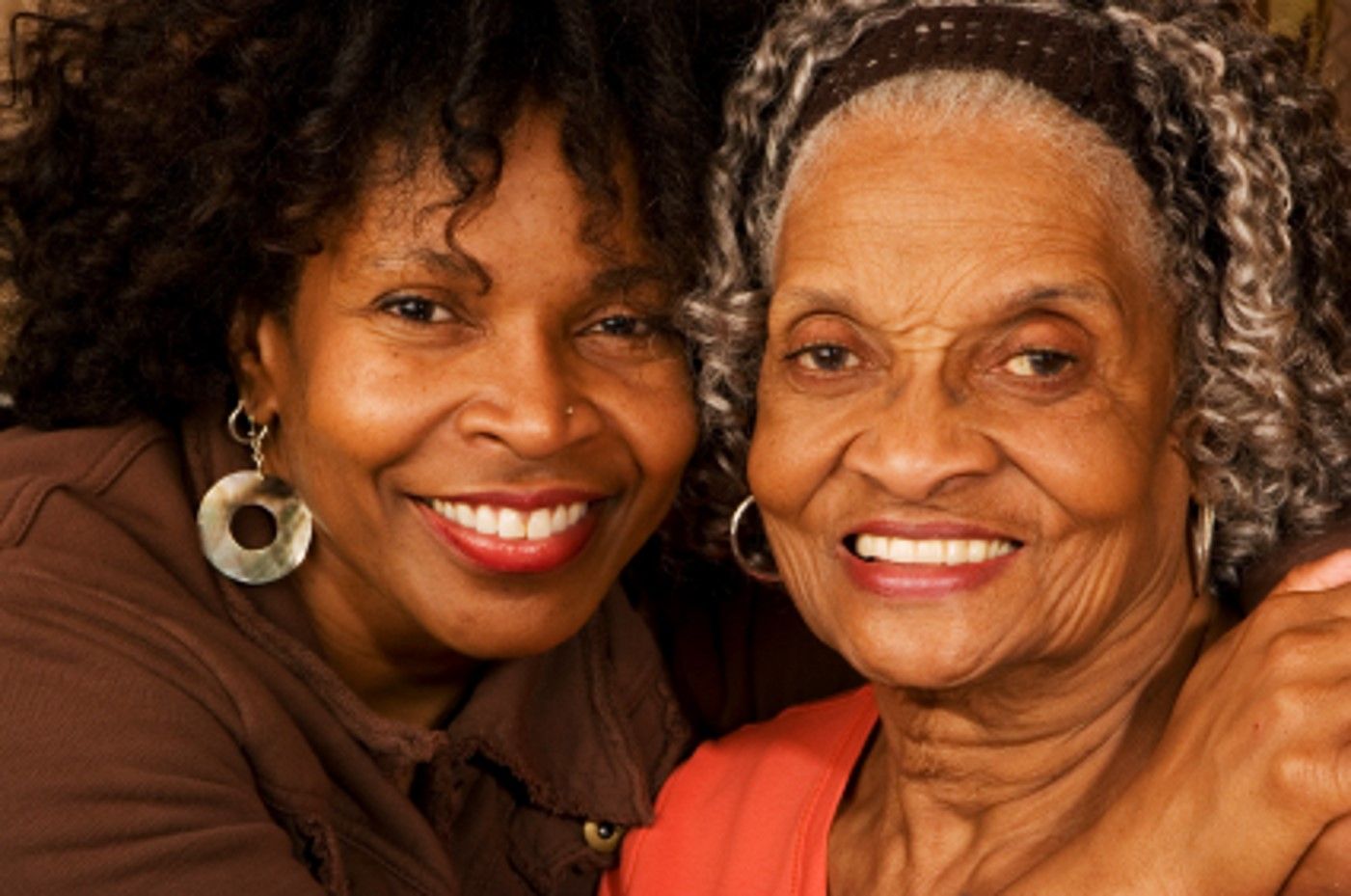Caring For An Elderly Loved One - The Rewards and The Challenges
Rewards And Challenges
Caring for an elderly loved one can be a deeply rewarding experience, but it can also be incredibly challenging. As we age, our bodies and minds change, and we may need more assistance to maintain our health and wellbeing. Caregiving can be physically and emotionally demanding, and it’s important for caregivers to have resources and support to help navigate these challenges. This guide offers practical tips and strategies for providing physical and emotional care for elderly loved ones, as well as advice on navigating difficult conversations related to end-of-life care and estate planning.
Physical Care:
Physical care involves meeting your loved ones’ basic needs, such as ensuring they are eating a healthy diet, getting enough exercise, and managing chronic conditions. Here are some tips for providing physical care:
- Encourage healthy eating: A healthy diet is essential for maintaining overall health and wellbeing. Encourage your loved one to eat a variety of fruits, vegetables, whole grains, and lean protein. If they have difficulty preparing meals, consider hiring a caregiver or meal delivery service.
- Promote exercise: Exercise is important for maintaining physical and mental health. Encourage your loved one to stay active by taking a walk, doing light exercises, or joining a senior fitness class.
- Help manage chronic conditions: Many elderly people live with chronic conditions such as diabetes, arthritis, or heart disease. Make sure your loved one is taking their medication as prescribed and attending regular doctor appointments.
- Maintain good hygiene: Help your loved one maintain good hygiene by assisting with bathing, grooming, and dental care. If they have difficulty with these tasks, consider hiring a caregiver to help.
Emotional Care:
Emotional care involves supporting your loved one’s mental and emotional health. As we age, we may experience loneliness, depression, or anxiety. Here are some tips for providing emotional care:
- Foster social connections: Social isolation can be a serious problem for elderly people. Encourage your loved one to participate in social activities, such as joining a club, attending community events, or staying in touch with friends and family.
- Listen actively: Sometimes, all your loved one needs is someone to listen to them. Practice active listening by showing empathy and asking open-ended questions.
- Provide emotional support: Let your loved one know that you are there for them and are willing to offer emotional support. Offer words of encouragement and help them find resources, such as counseling or therapy, if needed.
Difficult Conversations:
As caregivers, we may need to have difficult conversations with our loved ones, such as discussing end-of-life care or estate planning. Here are some tips for navigating these conversations:
- Start early: It’s important to start discussing end-of-life care and estate planning early, before a crisis occurs.
- Focus on what’s important: When having these conversations, focus on your loved one’s values and priorities. This can help guide decisions about their care and estate.
- Seek professional guidance: Consider consulting with an elder law attorney or financial planner to help navigate these complex issues.
Conclusion:
Caregiving can be challenging, but it’s also an incredible opportunity to support and care for our loved ones as they age. By providing physical and emotional care, promoting healthy habits, and navigating difficult conversations, caregivers can help their loved ones maintain their overall health and wellbeing. Remember to seek support and resources when needed, and prioritize self-care as well.



